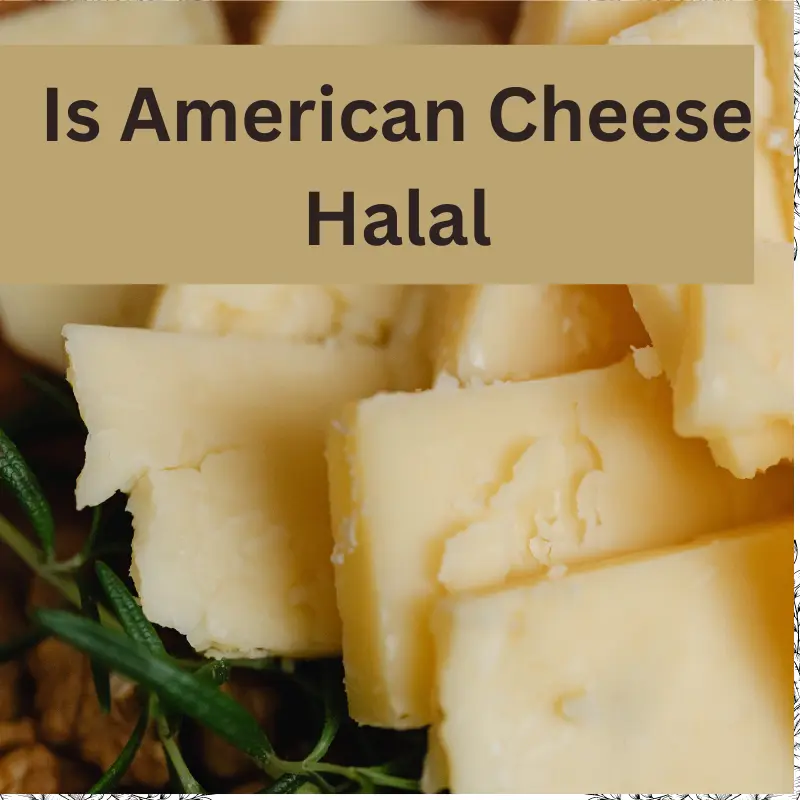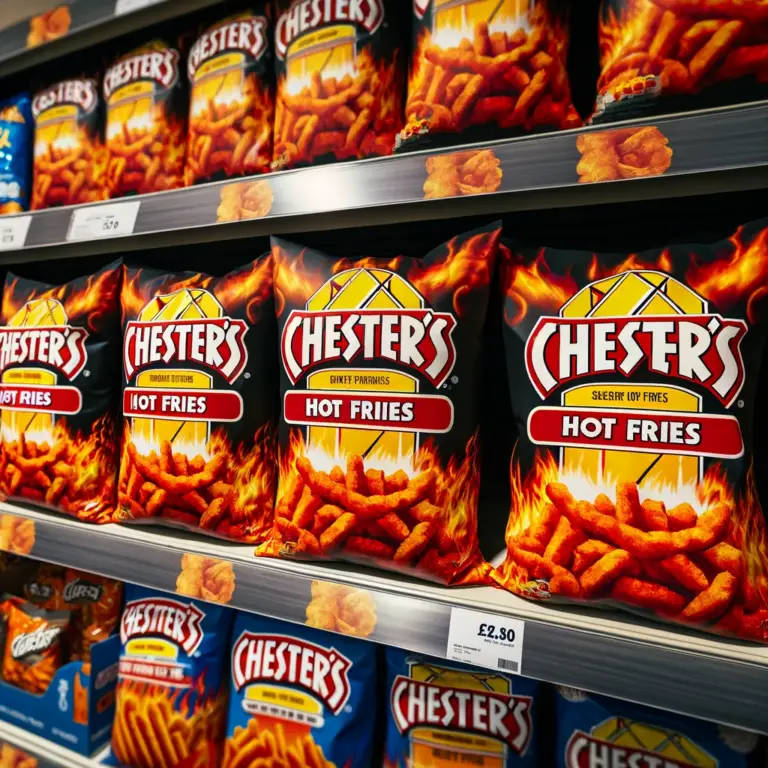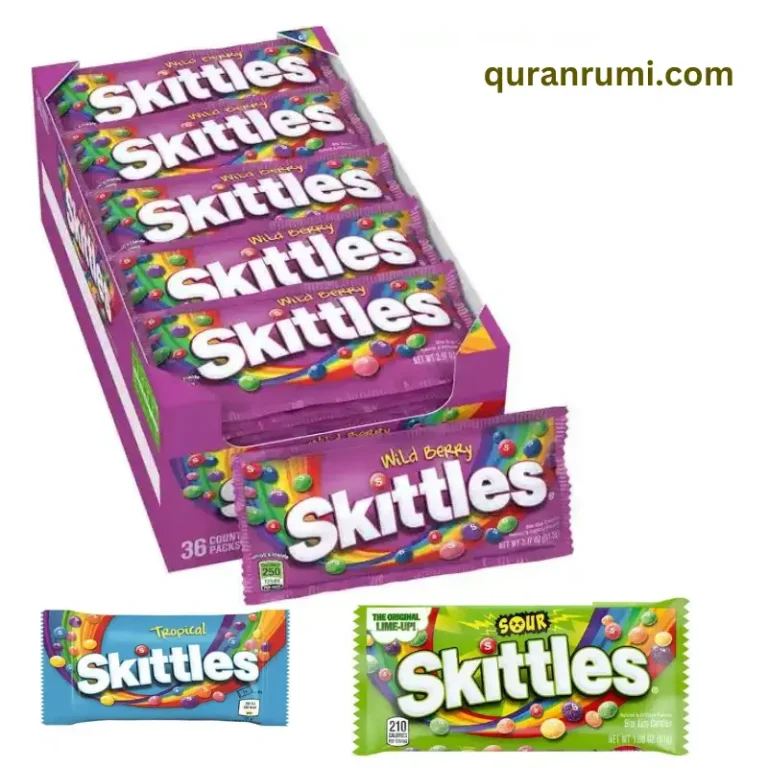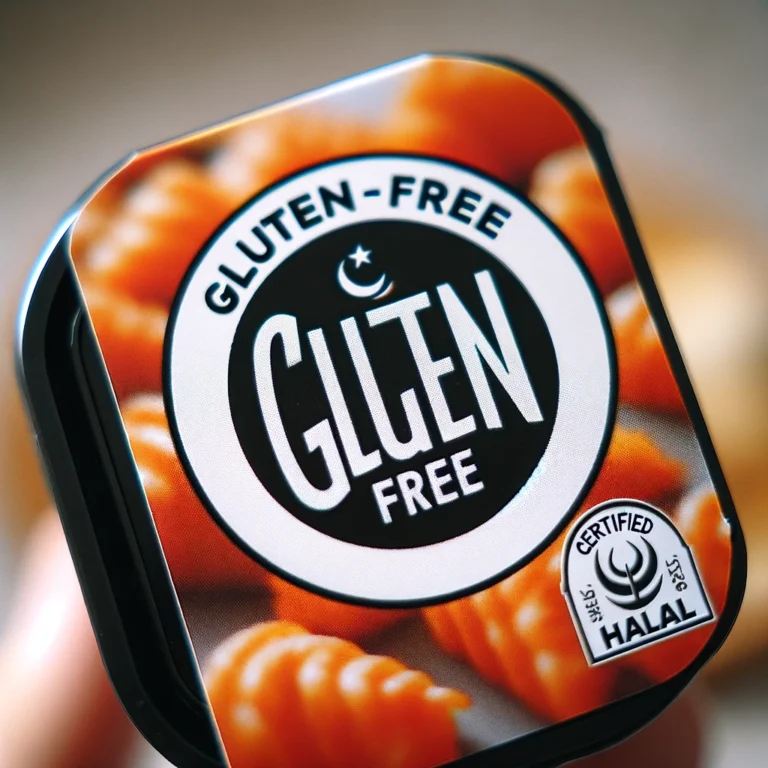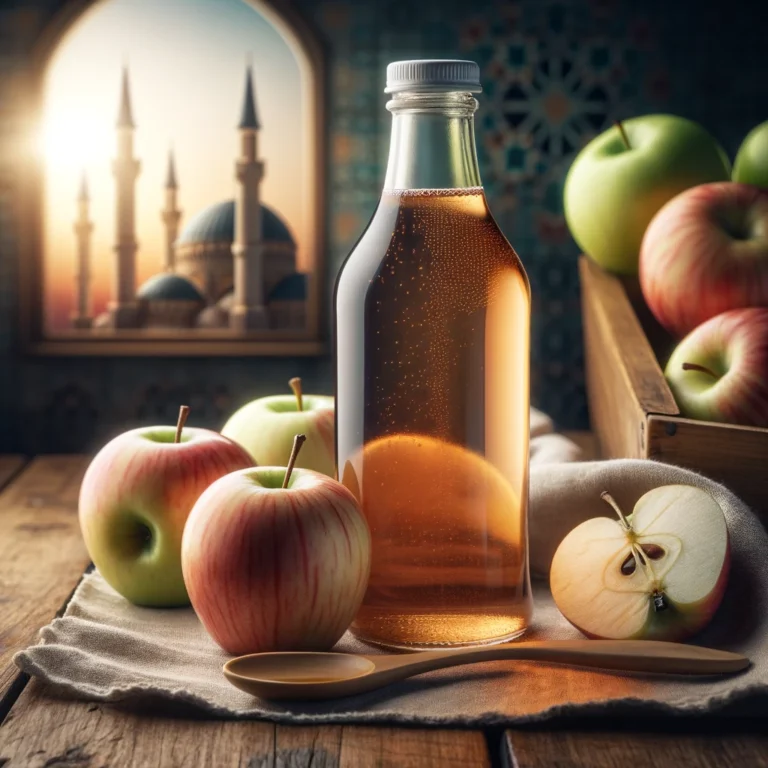Is American Cheese Halal? Quick Explain With Facts
Is American cheese halal? American cheese, like many other types of cheese, can vary in terms of its halal status depending on the ingredients and the production process. In general, cheese is considered halal if it is made from halal-certified ingredients, such as milk from animals that have been slaughtered according to Islamic dietary laws. However, it is important to note that not all American cheeses meet these criteria.
Is American Cheese Halal?
American cheese can be halal if it is made with non-animal rennet. When the original cheeses used to make American cheese use enzymes from live animal milk, it is considered permissible. However, if the animal rennet comes from a dead animal that was not slaughtered according to Islamic guidelines, there is a chance that it may not be halal. It’s important to check the ingredients and the source of rennet to determine the halal status of American cheese.
Some American cheeses may contain animal-derived ingredients that are not halal, such as rennet, which is an enzyme derived from the stomach lining of animals. If the rennet used in the cheese production comes from a non-halal source, then the cheese would not be considered halal.
To determine the halal status of a specific brand or type of American cheese, it is recommended to look for halal certification labels or consult with reliable halal certification organizations. These organizations ensure that the ingredients and production processes meet the halal requirements.
Types of American Cheese
Here are several types of American cheese available, each with its own unique characteristics. Here are some common types:
- American Processed Cheese: This is the classic American cheese often found in pre-packaged slices or blocks. It is smooth, creamy, and mild in flavor. It is commonly used in sandwiches, burgers, and grilled cheese.
- American Cheese Singles: These are individually wrapped slices of American cheese. They are convenient and often used for quick sandwich assembly.
- Colby Cheese: Colby is a semi-soft cheese that originated in Wisconsin. It has a mild, slightly tangy flavor and a softer texture compared to traditional American cheese.
- Colby-Jack Cheese: Colby-Jack is a combination of Colby and Monterey Jack cheeses. It has a marbled appearance with flavors that are slightly nutty and mild.
- Pepper Jack Cheese: Pepper Jack is a variation of Monterey Jack cheese with added spicy jalapeno peppers. It has a creamy texture and a mild heat that adds a kick to sandwiches and burgers.
- Muenster Cheese: Muenster is a semi-soft cheese with a mild and buttery flavor. It has a smooth texture and is often used in deli sandwiches and grilled cheese.
- Swiss American Cheese: Swiss American cheese combines the flavors of Swiss cheese with the creamy texture of American cheese. It has characteristic holes and a nutty taste.
These are just a few examples of the various types of American cheese available. Each type has its own distinct flavor, texture, and melting properties, making them suitable for different culinary applications.
How is American Cheese Made?
American cheese is made through a process called “processed cheese” or “cheese product” manufacturing. Here’s a simplified overview of how American cheese is typically made:
- Milk Sourcing: The process starts with sourcing milk, which is usually pasteurized to ensure safety and eliminate harmful bacteria.
- Cheese Culturing: The milk is then inoculated with specific bacteria cultures to initiate the fermentation process. These cultures help convert lactose (milk sugar) into lactic acid, which contributes to flavor development.
- Coagulation: Once the desired level of acidity is reached, enzymes or acids are added to the milk to coagulate it. This results in the formation of a solid mass called curds.
- Curds Heating and Stirring: The curds are heated and continuously stirred to expel whey, the liquid portion of milk. This process helps create a more uniform texture in the cheese.
- Melting and Emulsification: After heating and stirring, the curds are typically subjected to further heating and melting. This is when other ingredients, such as salt, emulsifying salts (like sodium citrate), and flavorings, are added to create the desired taste, texture, and shelf stability.
- Forming and Packaging: The melted cheese mixture is then poured into molds or formed into blocks, slices, or other desired shapes. It is rapidly cooled to solidify and set.
- Packaging and Storage: The final American cheese products are typically individually wrapped or packaged in bulk, ready for distribution and consumption. They are stored in refrigerated conditions to maintain freshness.
It’s important to note that the exact process can vary between manufacturers, and some variations may involve additional steps or modifications to achieve specific flavor profiles or product characteristics.
American cheese, with its smooth texture and mild flavor, has become popular for sandwiches, burgers, and other dishes due to its easy melting properties.
Can American Cheese Be Made Without Rennet?
Yes, American cheese can be made without rennet. Rennet is an enzyme traditionally derived from the stomach lining of young animals and is used in the cheese-making process to aid in coagulation. However, in the case of American cheese, it is typically made using a process called “processed cheese” or “cheese product” manufacturing, which often involves the use of emulsifying salts and other additives rather than rennet.
Non-Halal Ingredients of American Cheese
American cheese can sometimes contain non-halal ingredients. Here are some non-halal ingredients that may be found in American cheese:
- Non-Halal Rennet: Traditional cheese-making may involve the use of animal-derived rennet, which comes from the stomach lining of young animals. If the rennet used is sourced from non-halal animals or if the animal was not slaughtered according to Islamic guidelines, it would make the cheese non-halal.
- Gelatin: Gelatin is a protein derived from animal collagen. It is sometimes used as a stabilizer or thickening agent in processed foods, including certain types of American cheese. If the gelatin used is derived from non-halal sources, it would render the cheese non-halal.
It is essential to read the ingredient labels or look for halal certification symbols on American cheese products to ensure that they do not contain any non-halal ingredients. Opting for halal-certified or vegetarian alternatives can provide assurance that the cheese meets halal standards.

